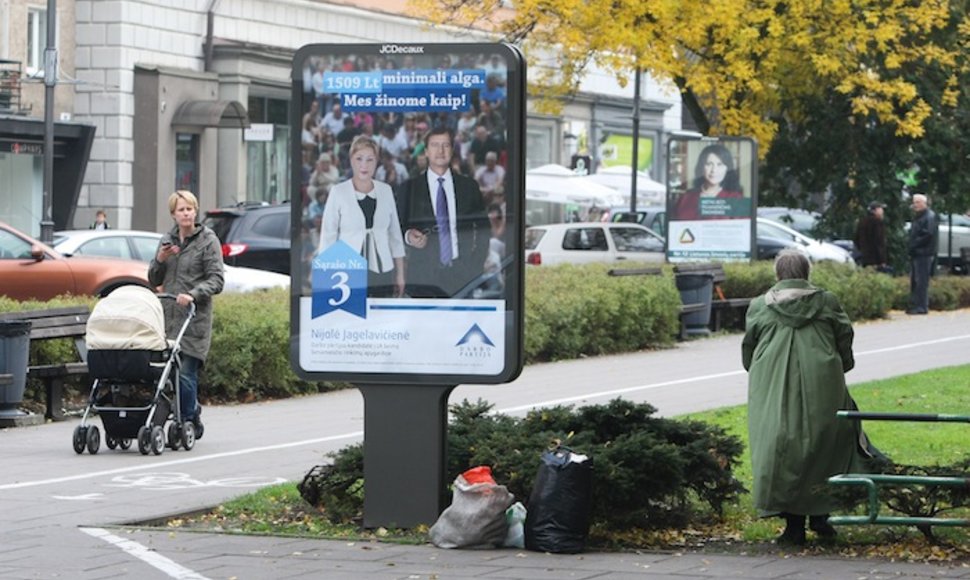"We see that certain political powers put efforts and fairly creative ones, and took a creative look at their election campaigns. But we have to regret that we still have plenty of primitive populism and a basic lack of ideas. But that's no news of these elections as we consider it a continuous symptom," Lingė said in an interview with the Žinių Radijas (News Radio) on Tuesday.
In his words, there has so far been no bitter confrontation among political powers during this election campaign.
"It’s probably a consequence of the fact that there are no clear leaders and it remains to be seen which political parties will have to form a government following the Seimas elections," he said.
Lingė believes the new Seimas will be fragmented as representatives of various parties might get into parliament. People have to vote responsibly and come to polling stations having thought through their decisions and not led by emotions.
"We have to expect results that will lead to a smooth formation of a stable and progressive government as it's our common interest," the presidential adviser said, adding that it's important for budget formation and ensuring continuity of business and long-term strategic projects in the state.
"To achieve all that, it would be good to have clear leaders after the run-off on 28 October, who will really be able to take on responsibility for the formation of a majority, and to have more stability in the Seimas as otherwise we will really have more and quite a lot of tension and perhaps scandalous work," Lingė said.
He also said that compulsory voting would not add belief in and respect for the government.
"On the contrary, voting would not be conscious and would really not give more working quality to the elected government. We can have a higher turnout without making people to vote. Everything, most probably, depends on people's expectations and belief in the future," Lingė said.
The Seimas elections are scheduled for 14 October.












